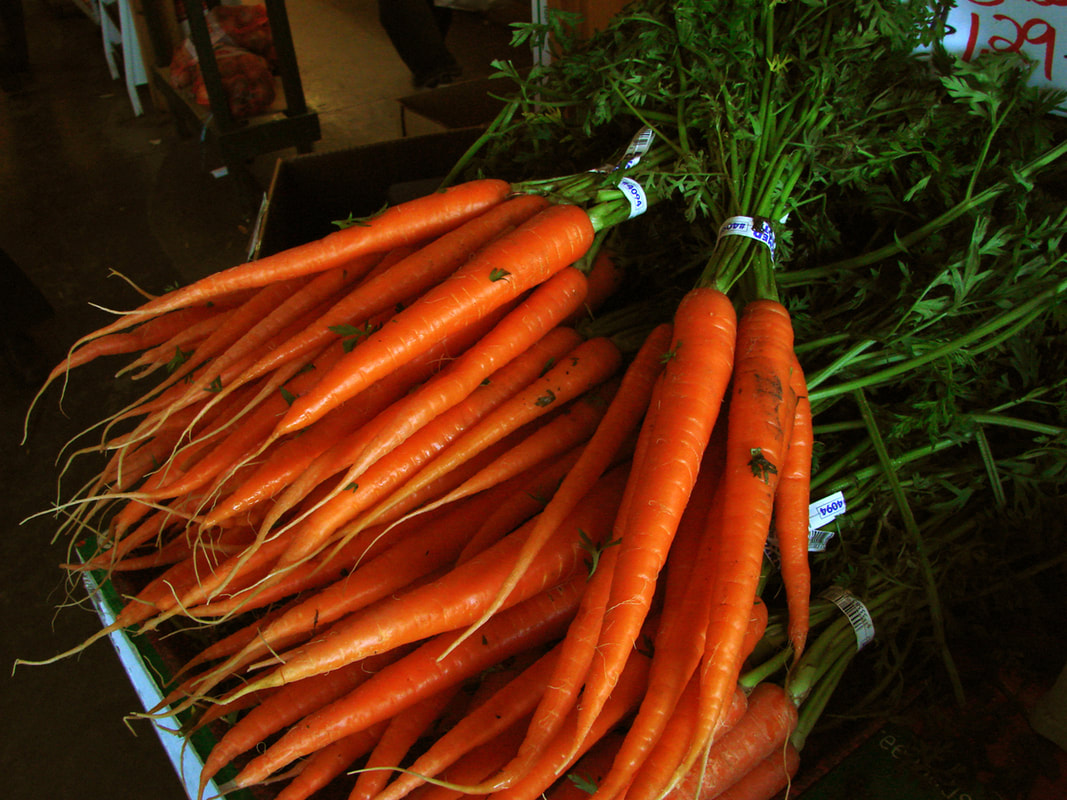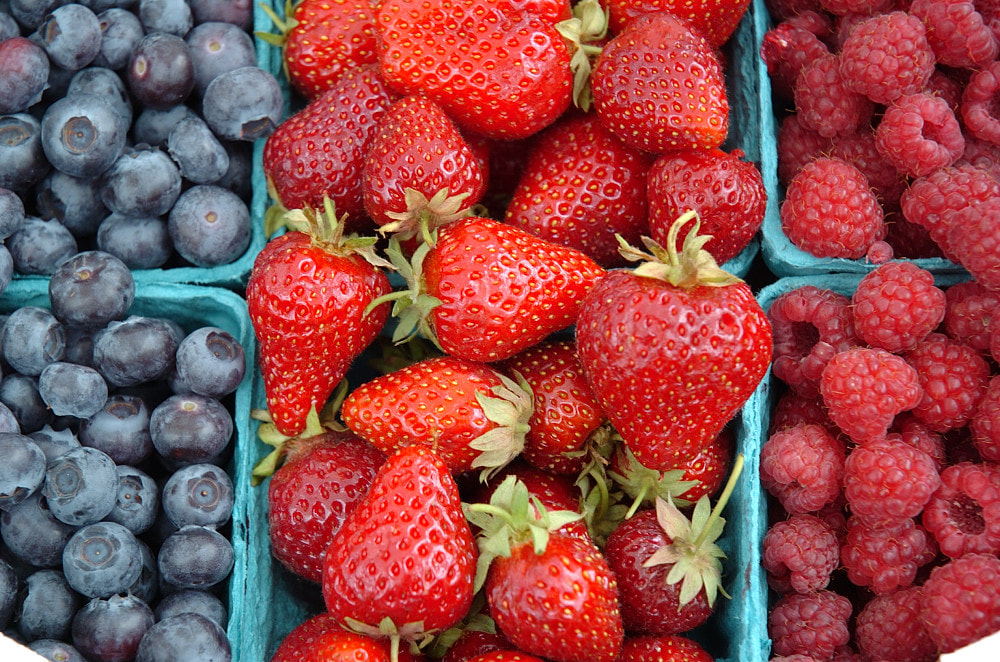|
“Aren’t carrots high in sugar?”
“Won’t fruit make me gain weight?” “I can’t afford organic produce, do I have to buy it?” “Is it bad to eat cooked vegetables? Don’t the vitamins just go away?” The answer to all of these questions: No. These are just a few of the questions we hear on a regular basis about fruits and vegetables. Our current diet culture makes it very challenging to eat. Period. If you look hard enough on the interwebs, you can find a reason to eat or avoid just about any food, including fresh produce. Now, we all know not to believe everything we read on the internet but for some reason, we tend to believe claims about food more readily. I blame diet culture. Diet culture is something we all live with and hear about on a daily basis. It’s the conversations around the office about who’s following what diet, what tea to drink to help “shed the pounds”, what foods are “bad” this month, so on and so forth. If we take a step back and actually analyze these messages, it becomes apparent how ridiculous some of them can be. There’s no magic pill, tea, juice, diet, or super food that will cure all of life’s problems. At the same time, there isn’t any food, beverage, fruit, or dessert that will ruin your day. When you get back to basics with nutrition, the recommendations revolve around listening to your body, eating a wide variety of whole foods, focusing on fresh fruits/vegetables, and eating everything in moderation. Yes, that includes carrots, bananas, cooked vegetables, and all those delicious fruits you love. Pay attention to how different food makes you feel, physically and emotionally. There may be times when you crave a big salad with all the fixins. Other times, you may look forward to enjoying some deliciously sweet local berries and peaches. What about the cost and accessibility to these foods? Diet culture assumes that we all have the finances, prep know how, and access to local, organic, and in season fruits and vegetables. This way of thinking does not take into account various levels of privilege that exist in all of our communities. Having access and the financial stability to purchase local, organic, and in season fruits and vegetables is a high level of privilege. The vast majority of people in the United States do not have this level of privilege. Diet culture implies that you are less worthy if you do not consume those foods. It’s important to consider that everyone deserves to eat and enjoy their food regardless of their privilege and financial status. One family may only be able to afford canned or frozen conventional produce that they have purchased using SNAP benefits. These folks are not any less important or worthy in comparison to the family who purchases all of their produce from local organic farmers. You are not what you eat. You are a complex human worthy of consistent meals/snacks. Don’t let diet culture steer you away from fresh produce. Also, don’t let diet culture make you feel like less of a human because you cannot afford, do not have access to, or simply choose to not consume those foods. Utilize local food resources, consider your own personal finances and preferences, and purchase what you like. Organic, non organic, cooked, raw, local, or non local. Buy what you feel you can afford and eat your fruits and veggies! By Abby Douglas, RDN, LD
0 Comments
|
AuthorThis blog is co-authored by Synergy's team of Registered Dietitian Nutritionists, Licensed Massage Therapists, and Diabetes Educators practicing in Bend, Oregon. As providers following Health at Every Size® (HAES) and Body Trust® philosophies, they strive to help EVERY BODY thrive. Categories |
|
Massage and Nutrition Therapies
M-F 9am-7pm Sat 10am-5pm |




 RSS Feed
RSS Feed